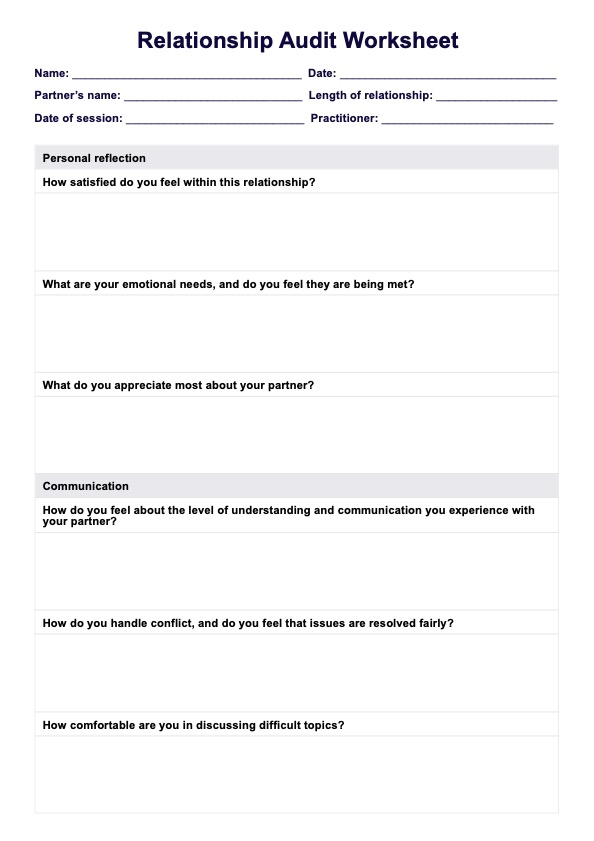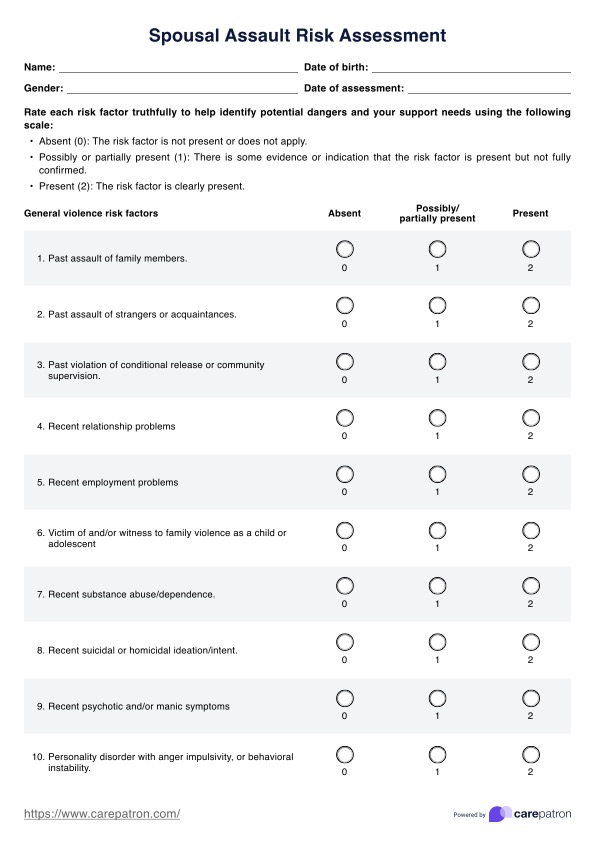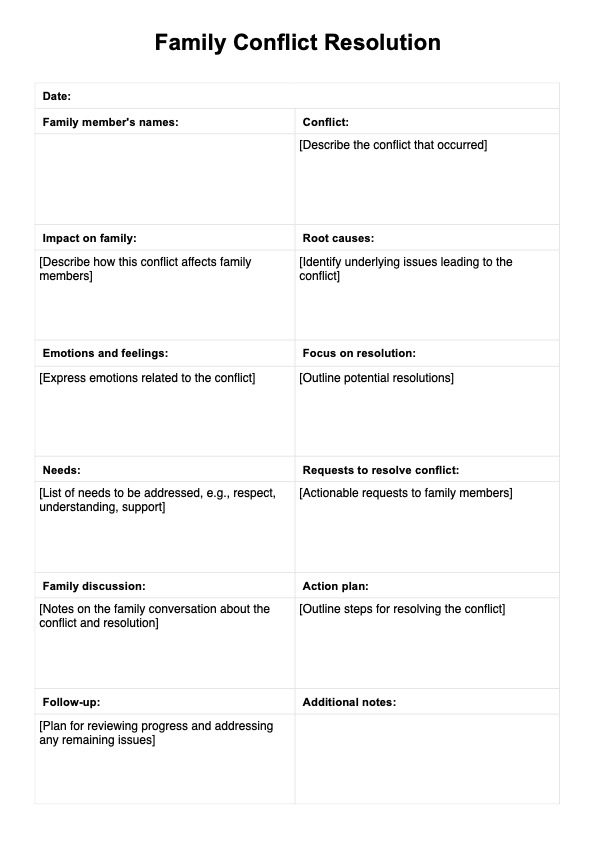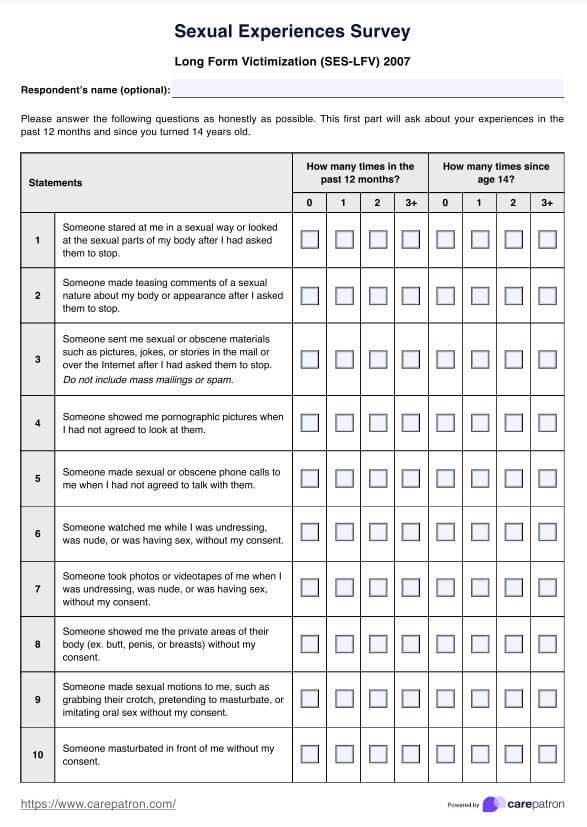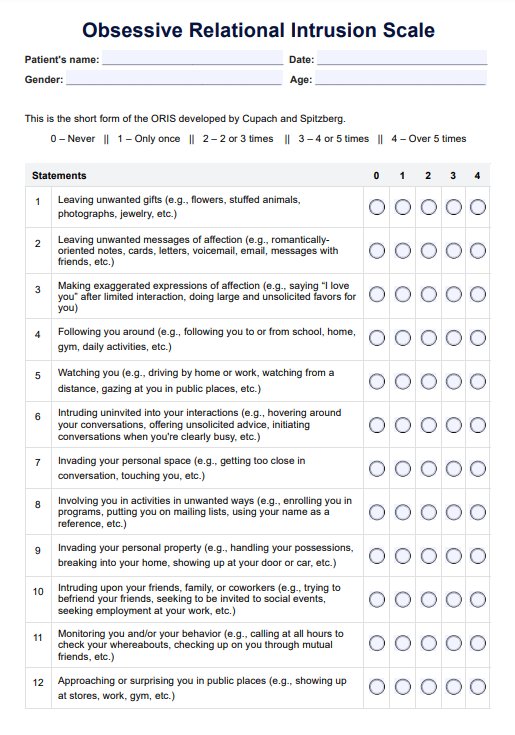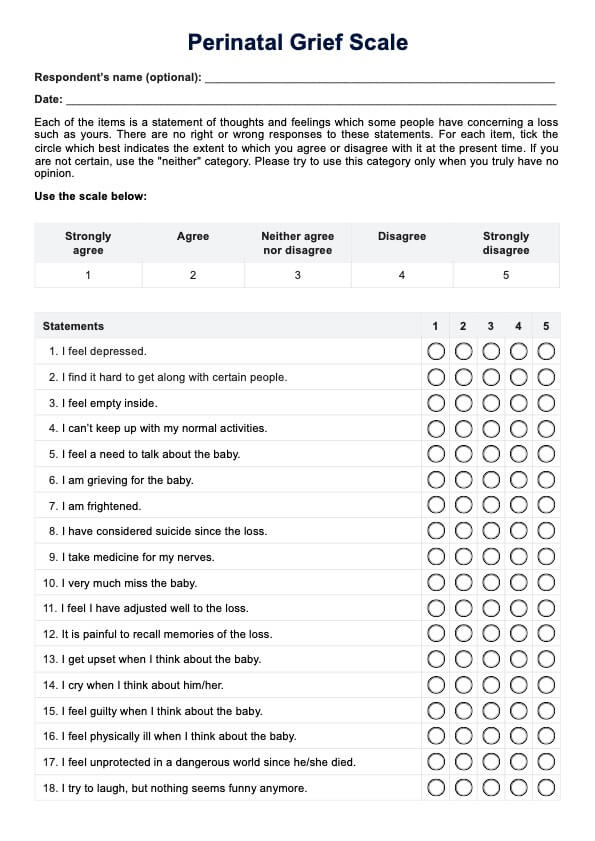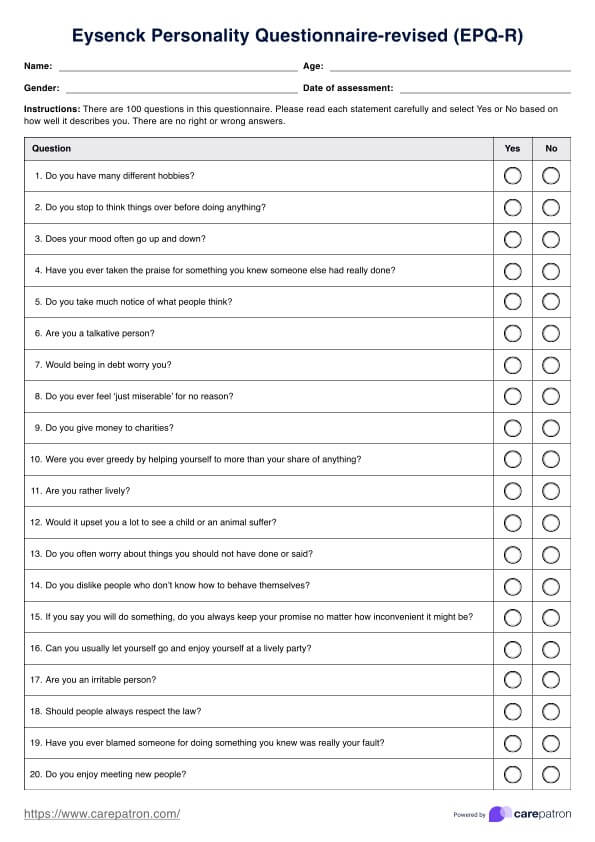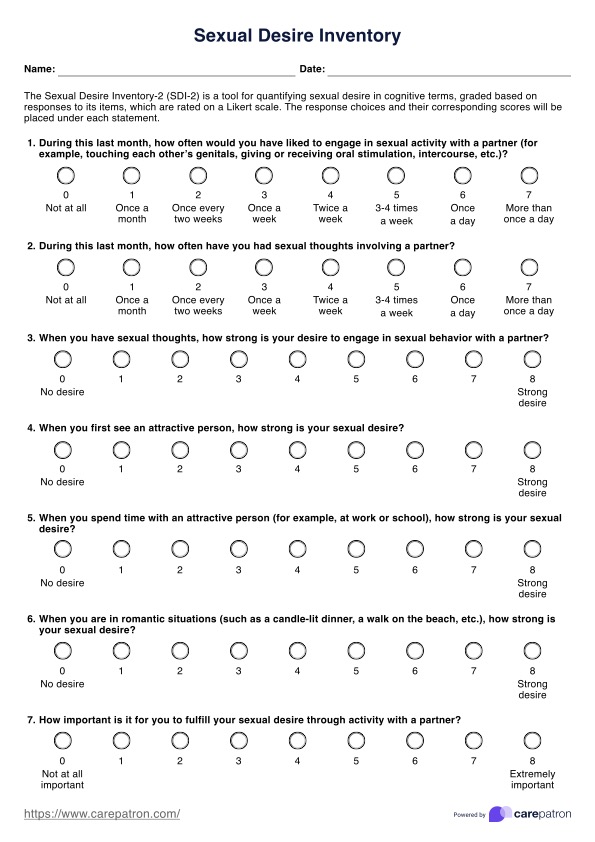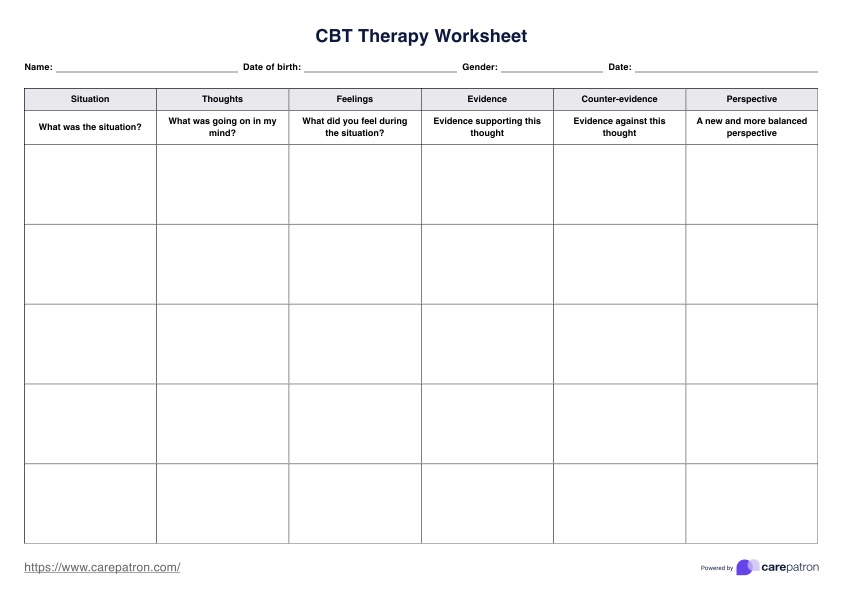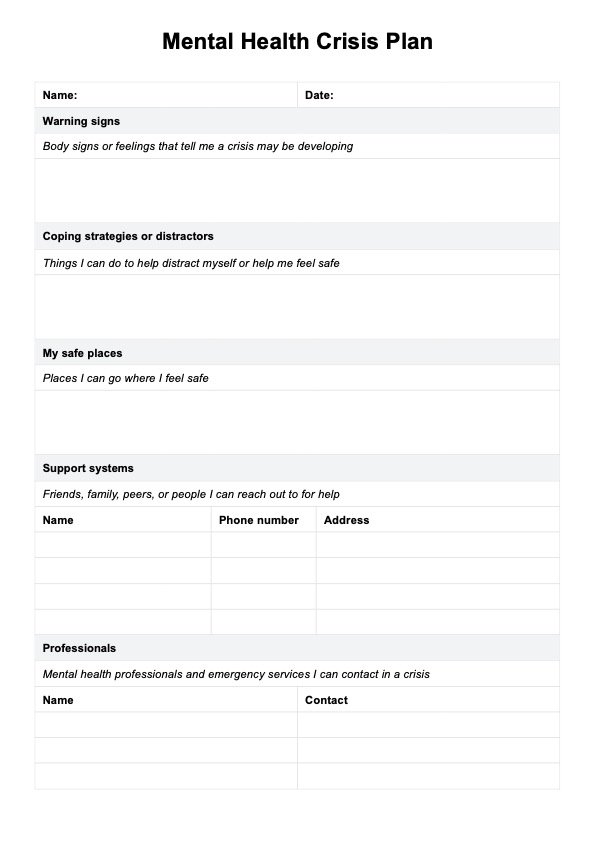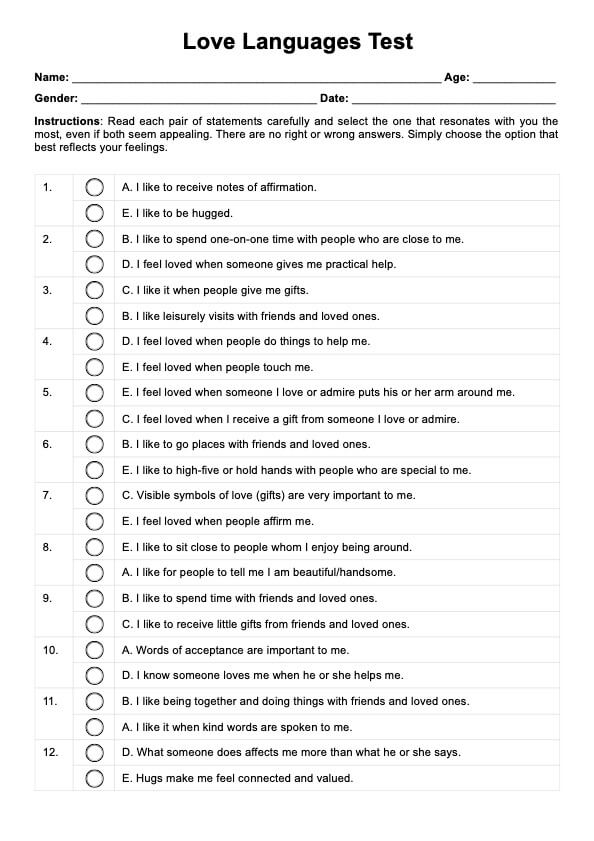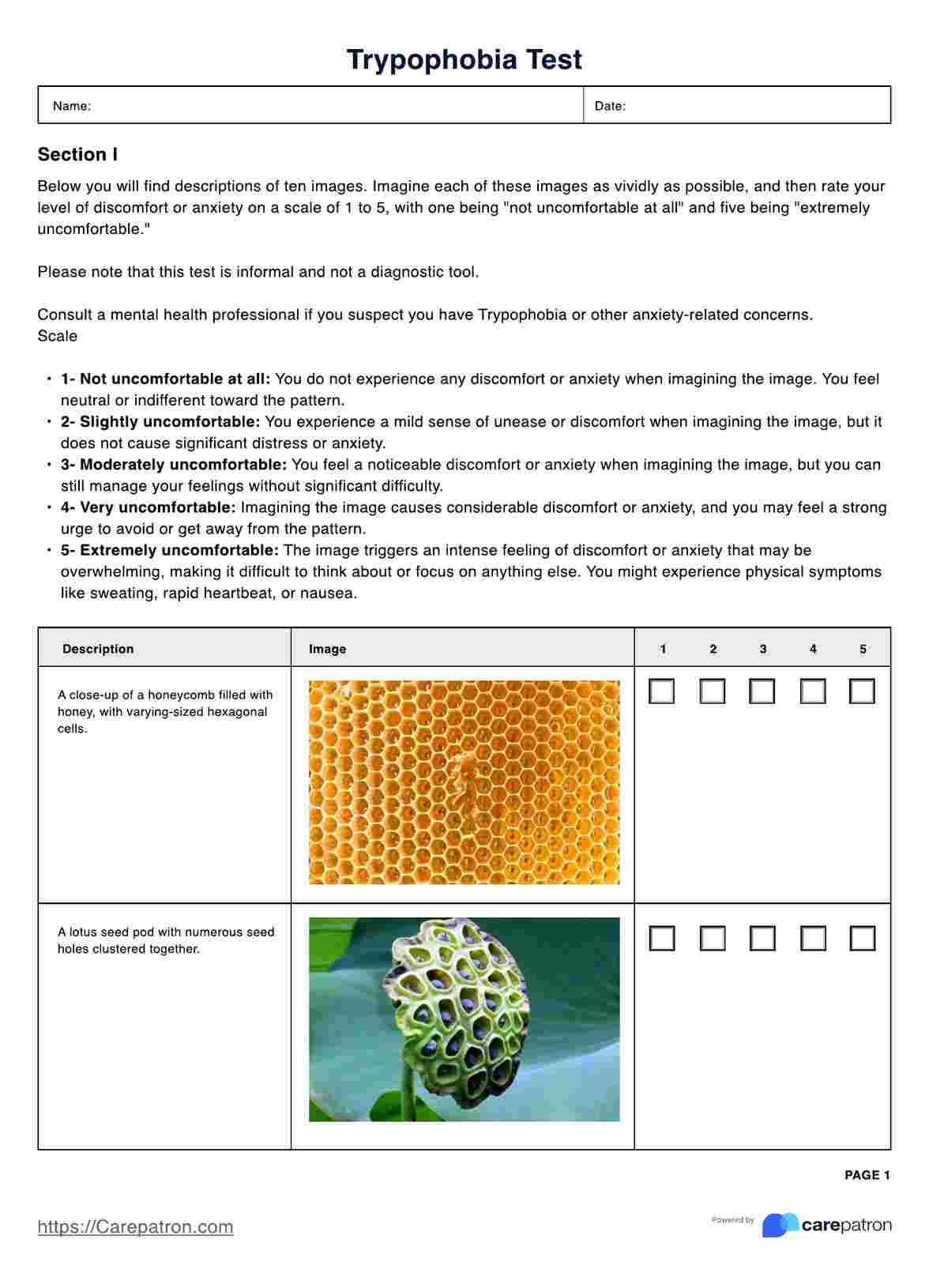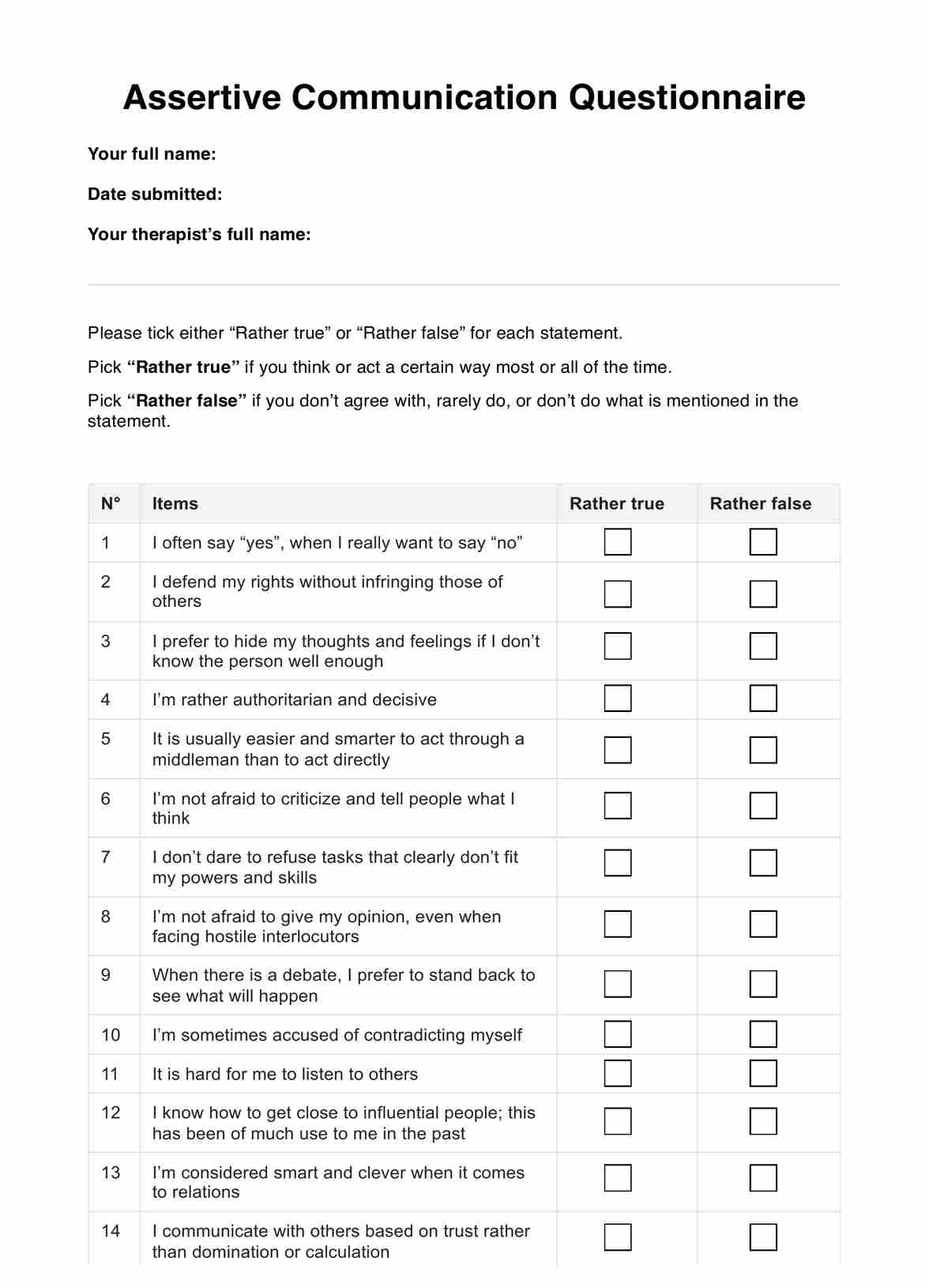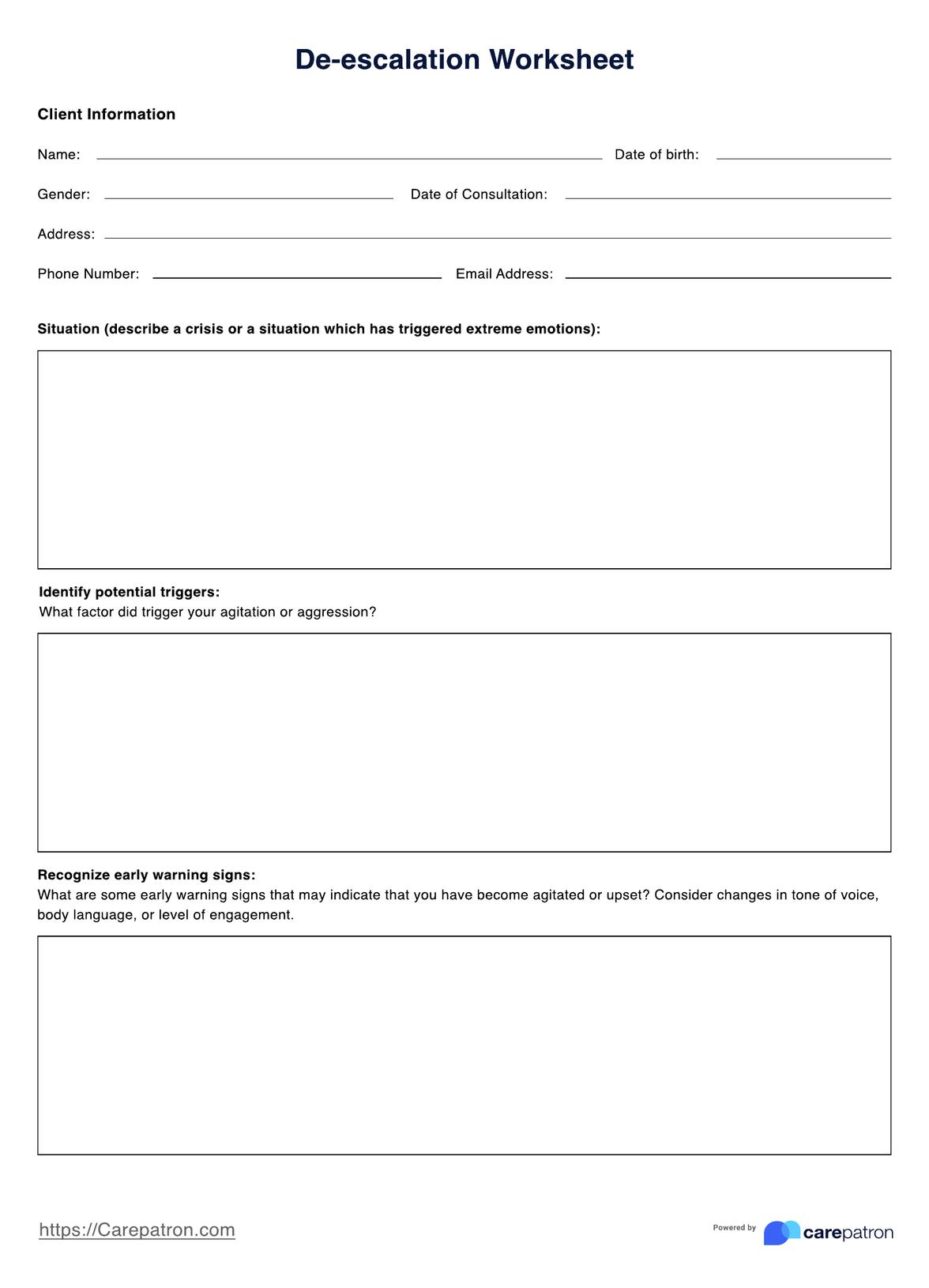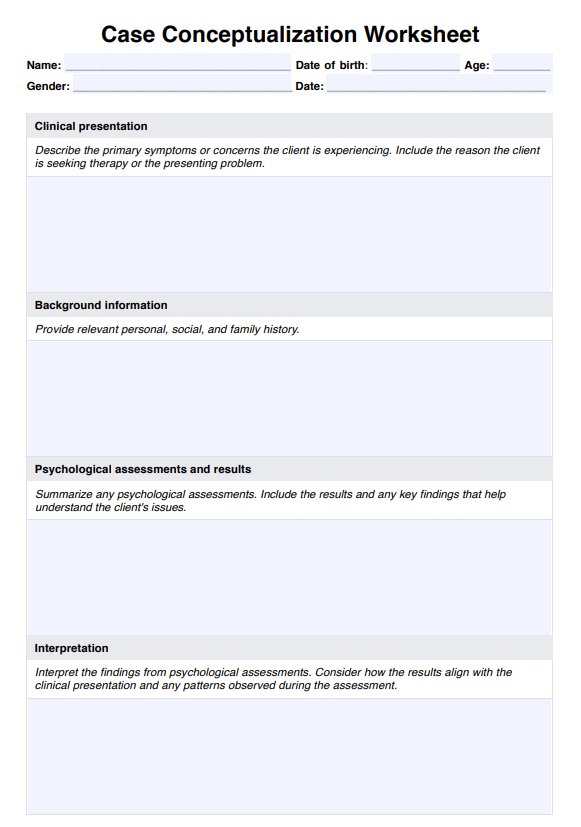Social Intelligence Test
Elevate your interpersonal skills and self-awareness with our Social Intelligence Test, a tool designed to assess and enhance your skills in social situations.


What is social intelligence?
Social intelligence is a multifaceted aspect of human interaction that encompasses a range of skills crucial for navigating the complexities of social relationships. It involves accurately perceiving and interpreting verbal and non-verbal cues, such as facial expressions, body language, and tone of voice.
Individuals with high social intelligence demonstrate a keen understanding of their emotions and those of others, allowing them to navigate social situations with empathy and insight. This heightened awareness facilitates effective communication, conflict resolution, and the establishment of positive connections.
Furthermore, social intelligence extends beyond mere observation and interpretation; it includes the capacity to adapt behavior to suit different social contexts. This adaptability is critical to building and maintaining meaningful relationships, fostering cooperation, and thriving in various social environments. Socially intelligent individuals often excel in teamwork, leadership, and collaboration, making it a valuable trait in both personal and professional spheres where successful interactions and effective communication are fundamental to positive outcomes.
Social Intelligence Test Template
Social Intelligence Test Example
Why is social awareness and intelligence important?
Fosters empathy and understanding
Social awareness allows you to recognize and understand the emotions, thoughts, behaviors, and perspectives of others. This heightened sensitivity lets you empathize with their experiences, leading to more compassionate and supportive interactions.
Enhances communication and collaboration
Understanding social dynamics and cues facilitates smooth communication. You can tailor your communication style to different individuals, actively listen to their concerns, and effectively manage conflicts. This fosters collaboration and teamwork, leading to more productive outcomes.
Navigates social situations
Social awareness equips you to read social cues, identify unspoken emotions, and adapt your behavior accordingly. This allows you to navigate social situations more confidently and easily, making a positive impression and building solid connections.
Builds trust and credibility
Research shows that it builds trust and strengthens relationships when you demonstrate awareness and understanding of others' needs and perspectives. People feel valued and respected, leading to stronger bonds and greater collaboration.
Promotes emotional well-being
Social intelligence allows you to build meaningful connections, reducing feelings of loneliness and isolation. Supportive relationships contribute to a sense of belonging and overall emotional well-being.
Enhances leadership skills
Influential leaders possess solid social awareness. They can motivate and inspire others by understanding their needs and aspirations. This leads to better team performance and organizational success.
Improves decision-making
Considering the social context and perspectives of your relationship with others, you can make more informed and well-rounded decisions. This leads to better outcomes for individuals and the group as a whole.
Promotes cultural understanding
Social intelligence enables you to appreciate different cultures and perspectives. This fosters tolerance, acceptance, and collaboration across diverse groups.
Adaptability and resilience
Understanding social dynamics allows you to adapt to changing social contexts and situations. This enhances your resilience and ability to navigate challenges effectively.
Personal growth and development
Social awareness is a lifelong journey of learning and development. As you gain insights into the psychology of human behavior and relationships, you develop greater self-awareness and emotional intelligence, leading to a more fulfilling and meaningful life.
Evidence supporting early social intelligence
Research provides compelling evidence supporting the early development of social intelligence in infants. It underscores their remarkable ability to decipher the actions of others, recognizing that these actions are purposeful and directed toward specific goals driven by intentions. The assertion that infants, within the first few months of their lives, come to understand the guiding roles of intentions and attention in human actions suggests an innate capacity for social cognition.
By the age of 13 months, infants exhibit a nuanced understanding that intentions are individual-specific, yet they also grasp the concept of shared actions within a group. This sophisticated level of social awareness, demonstrated in the early years, implies that infants are well on their way to becoming social experts by their second birthdays. The findings underscore the intrinsic nature of social intelligence in human development, illuminating how infants progressively comprehend and navigate the intricacies of human interactions from an early age (Henderson et al., 2008).
Evaluating social intelligence
Evaluating social intelligence involves assessing an individual's ability to understand and navigate social situations effectively. Various aspects contribute to this evaluation, including interpersonal communication skills, empathy, emotional awareness, and the capacity to adapt behavior in different social contexts. Observing how individuals interpret non-verbal cues, handle conflicts, and engage in collaborative efforts provides insights into their social intelligence.
Additionally, assessing their ability to perceive and understand emotions, both in themselves and others, is a crucial component. Evaluators may consider the individual's proficiency in building and maintaining positive relationships, their level of cultural awareness, and their communication style to gauge overall social intelligence score.
Validated tools, such as social intelligence assessments or situational judgment tests, may provide a structured evaluation, helping individuals and organizations understand strengths and areas for improvement in navigating the intricacies of social interactions.
Interpreting the results
High scores
Individuals with high scores on the social intelligence test excel in reading social cues and understanding other people's emotions. They effortlessly pick up on subtle nonverbal signals, allowing for accurate interpretations of others' feelings.
Effective communicators tailor their communication style adeptly to various situations and individuals, fostering transparent and engaging interactions. High scorers are empathetic and supportive, demonstrating sensitivity to the needs and perspectives of others, thereby building strong and meaningful relationships.
Their confidence and charisma shine through in social dynamics, enabling them to navigate situations and make a positive impression effortlessly. Additionally, individuals with high scores exhibit strong leadership potential, inspiring and motivating others through their profound understanding of human behavior and ability to build rapport.
Average scores
Individuals with average scores are in the process of developing human relations and intelligence. They show potential for improvement and may need to work on specific areas, such as recognizing nonverbal cues or communicating more assertively.
However, their adaptability and willingness to learn are evident, as they remain open to feedback and are keen on expanding their social knowledge and skills. With a focus on continuous growth, individuals with average scores have the potential to enhance their social intelligence over time.
Low scores
Individuals with low scores on the social intelligence test face challenges in understanding social cues and emotions. They may struggle to interpret nonverbal communication or comprehend the feelings of others. Communication difficulties may be present, with potential struggles expressing themselves clearly or adapting their communication style to different situations.
Those with low scores may experience social anxiety or discomfort, leading to challenges in social settings or difficulties with social interaction. Limited empathy or understanding may be observed, suggesting a need to work on developing the ability to connect with others on an emotional level. Despite these challenges, individuals with low scores have the opportunity for growth and improvement through targeted interventions and focused efforts on enhancing their social intelligence skills.
Next steps: how to improve social intelligence
Here are a few tips individuals can incorporate to improve their social intelligence:
- Practice active listening: Pay close attention to what others say verbally and nonverbally. Ask clarifying questions, paraphrase what you hear, and avoid interrupting. This demonstrates genuine interest and helps you understand their perspective.
- Observe and learn: Pay attention to how socially intelligent people interact with others and their immediate feedback from an interaction. Observe their nonverbal cues, communication style, and how they handle different situations. This can provide valuable insights and inspire your children's behavior.
- Seek feedback: Ask trusted friends, family, or colleagues about your communication style and social skills. This can help you identify areas for improvement and develop a more self-aware approach to social interactions.
- Expand your social circle: Step outside your comfort zone and engage with people from diverse backgrounds, avoiding toxic behaviors. This exposes you to different perspectives and communication styles, allowing you to develop adaptability and flexibility in your social interactions.
- Embrace social challenges: Don't shy away from situations that make you feel uncomfortable. Embrace the opportunity to practice your social skills in real-world scenarios. By challenging yourself, you can gradually build confidence and overcome social anxieties.
- Practice mindfulness and emotional awareness: Develop the ability to observe your emotions and those of others. This allows you to effectively manage your reactions and respond to others with empathy and understanding.
- Engage in role-playing: Practice different social scenarios with friends or family. This can help you rehearse your communication skills and develop strategies for handling specific situations.
- Read and learn: Utilize books, journal articles, and online resources to learn about social intelligence, communication skills, and emotional intelligence. This can provide valuable theoretical knowledge and practical tips for improving social interactions.
- Seek professional help: If you struggle with social anxieties or significant social difficulties, consider seeking professional help from a therapist or counselor. They can provide personalized guidance, education, and support to help you overcome your challenges and develop stronger social skills
References
Henderson, A. M. E., Gerson, S., & Woodward, A. L. (2008). The Birth of Social Intelligence. Zero to Three, 28(5), 13–20. https://www.ncbi.nlm.nih.gov/pmc/articles/PMC4178946/
Commonly asked questions
Social intelligence tests measure everything related to your ability to understand and navigate social situations effectively, including your skills in reading social cues, understanding emotions, perspective-taking, communication, empathy, and social problem-solving.
Social intelligence tests are not perfect and often rely on subjective data, but they, in theory, can provide a general indication of your social skills.
Taking a social intelligence quiz or test can increase self-awareness, identify areas for improvement, set goals, boost confidence, and motivate learning.


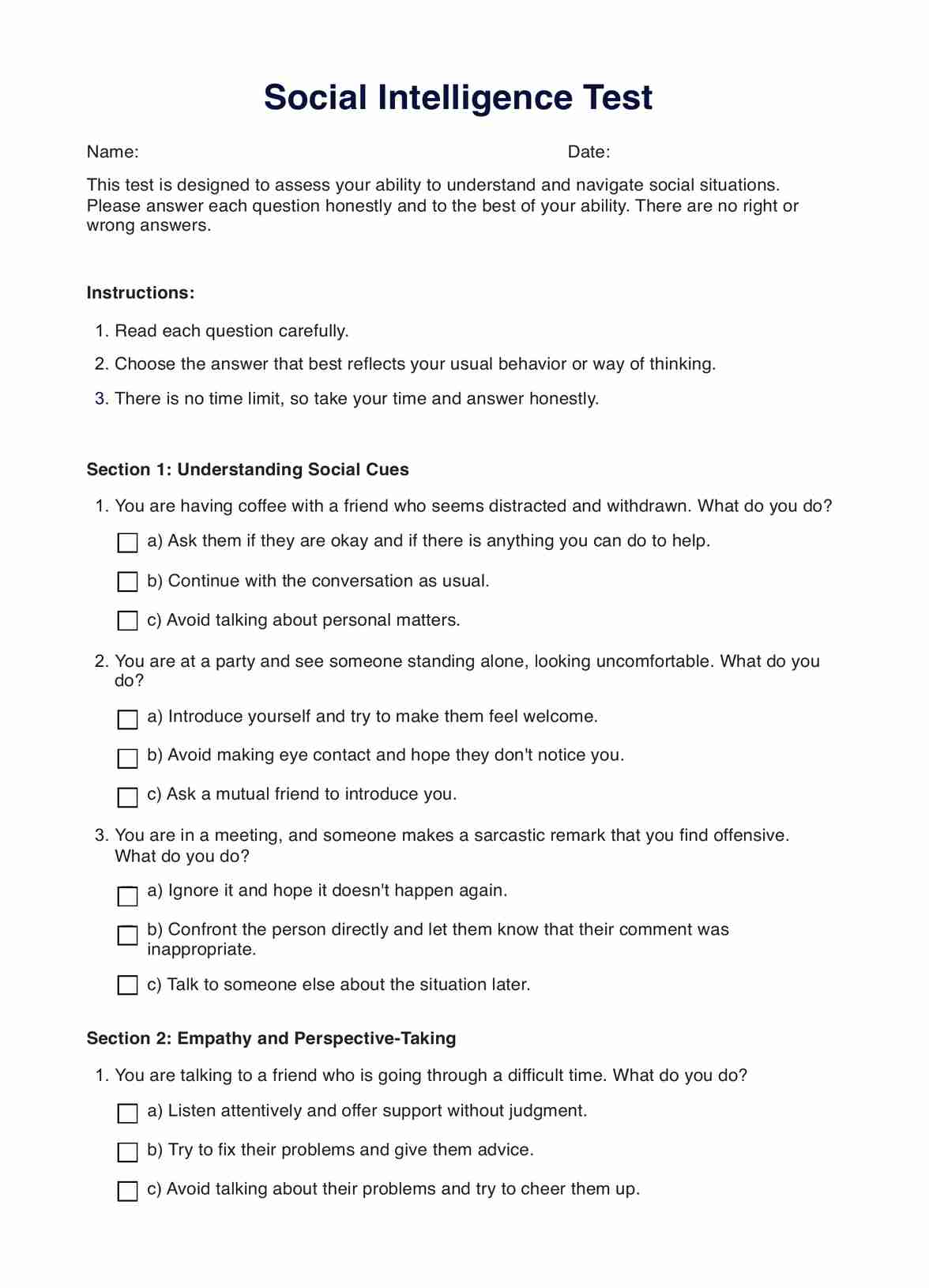
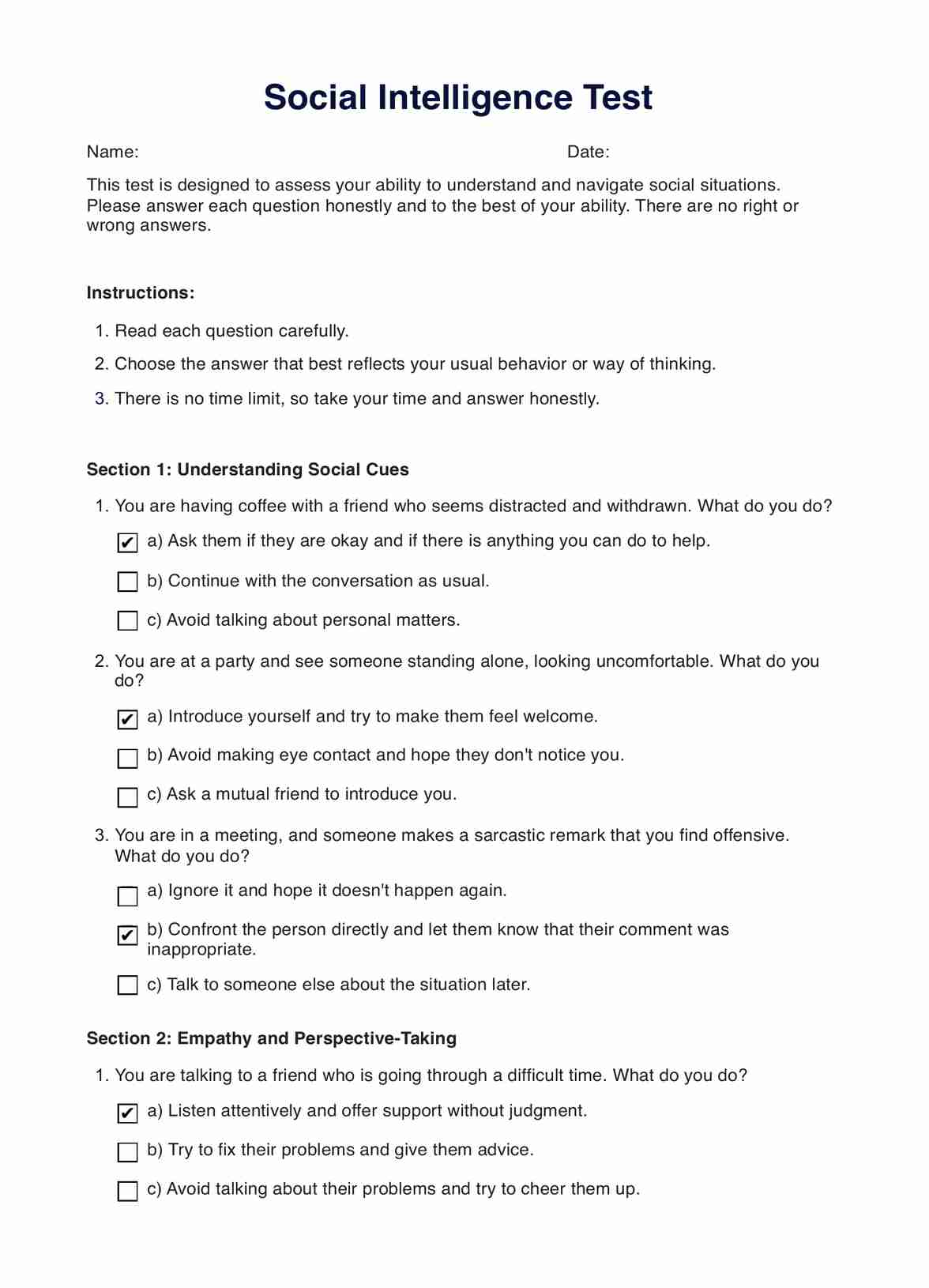

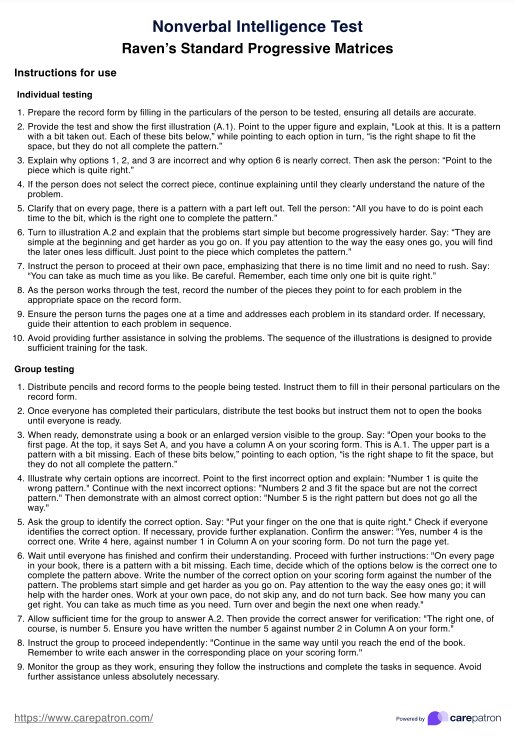
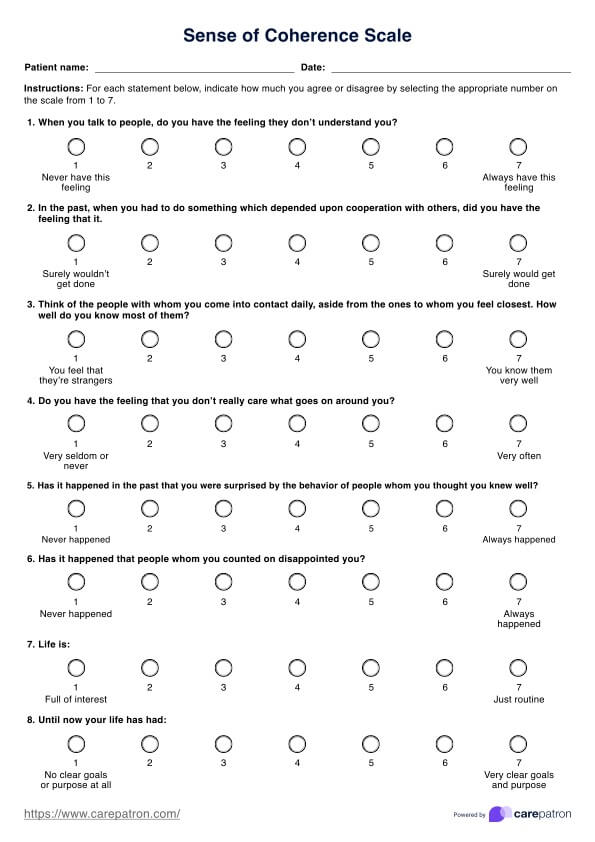

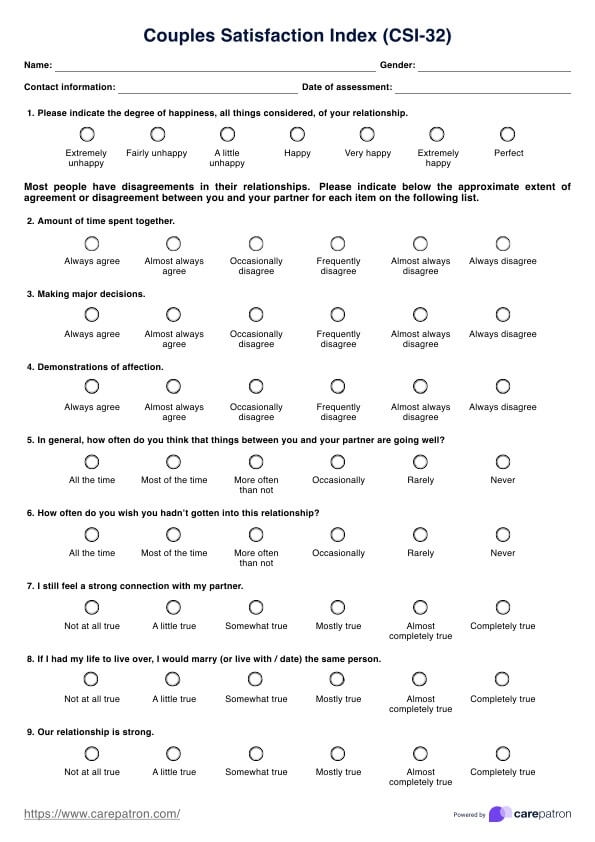










-template.jpg)


